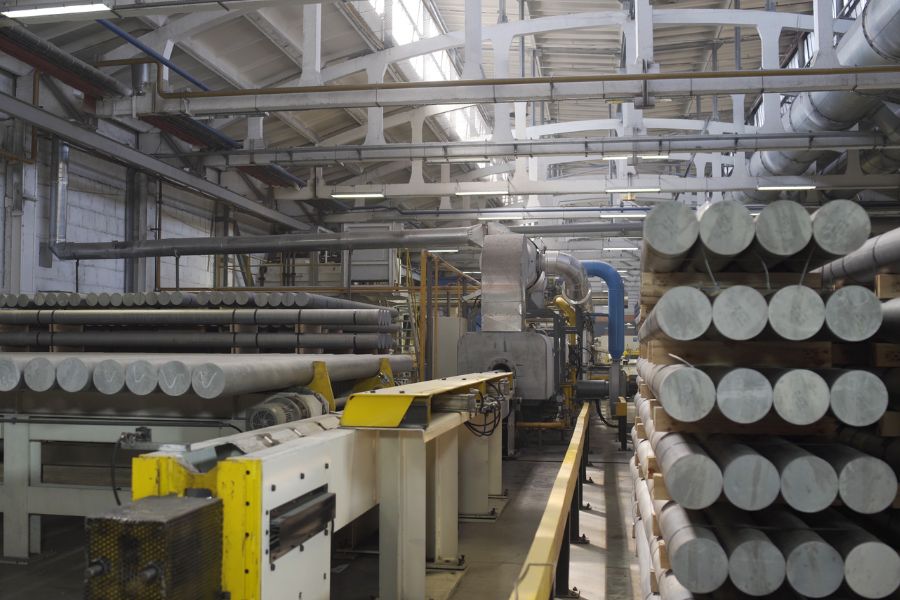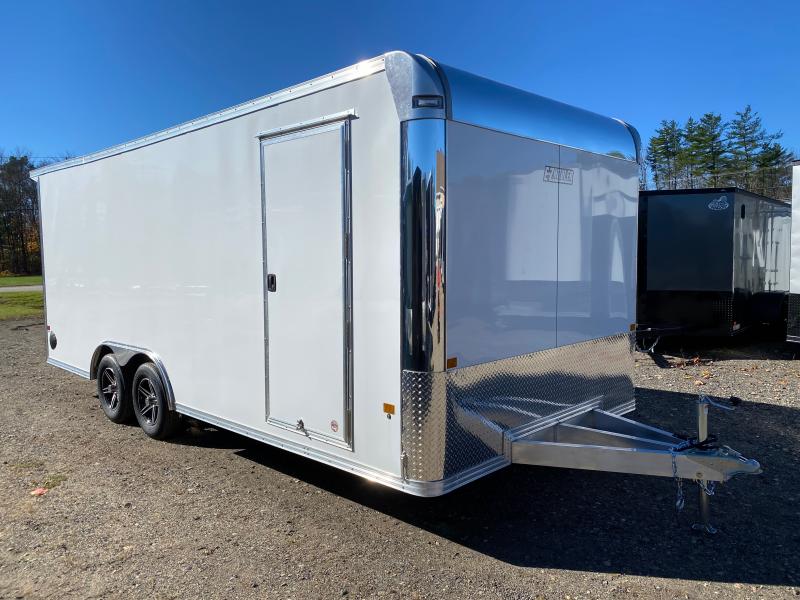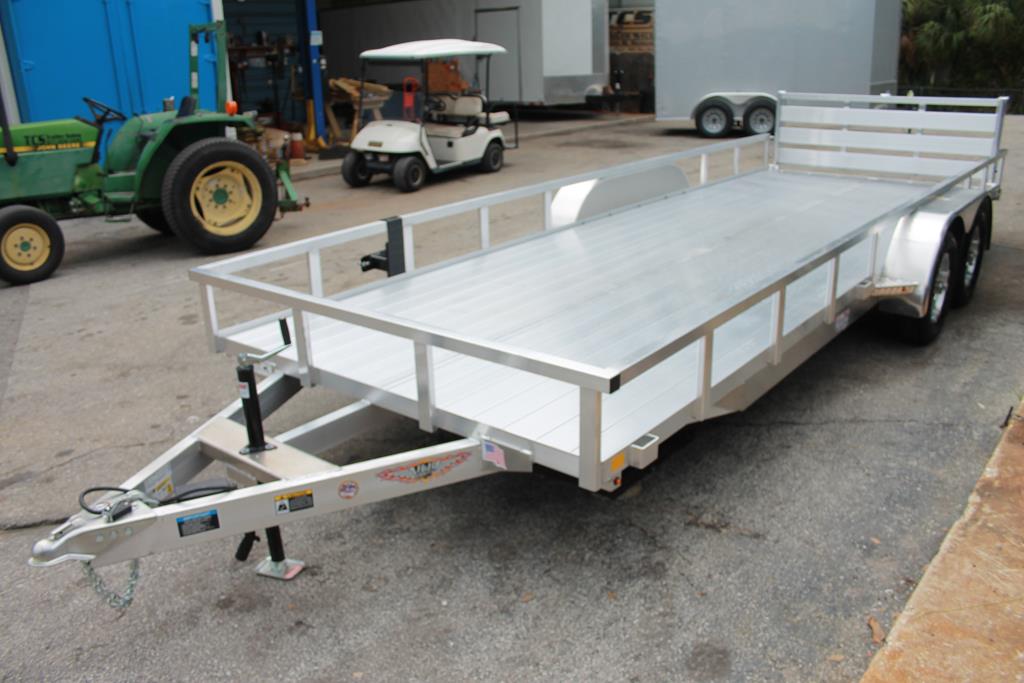When it comes to selecting the right aluminum alloy for your trailer aluminum extrusions, there are a few important considerations. It’s essential to understand the differences between alloys and what kind of properties they offer to make an informed decision.
Factors such as strength, weight, durability, and corrosion resistance should be taken into account when deciding which type of metal is best suited for your project. Additionally, considering the complexity of some construction projects involving aluminum extrusions, working with an experienced supplier can help you get the results you need cost-effectively.
Understanding Alloy Strengths and Weaknesses
When it comes to choosing the right aluminum alloy for trailer aluminum extrusions, it is important to understand the strengths and weaknesses of each type. Alloys are composed of a range of metals including aluminum, copper, magnesium, zinc, and other elements which contribute different properties to each metal.
In general, alloys with higher levels of strength can be more expensive but provide better performance in terms of load-bearing capacity or corrosion resistance. Some alloys may also have greater workability at lower temperatures but cost more money due to increased energy consumption during manufacture.
Additionally, some alloys may require additional treatments such as anodizing or thermal treatment to achieve their full potential. Furthermore, certain applications may benefit from specific types of alloys based on their unique characteristics; for example, aircraft will need high-strength materials while trailers will likely prefer lighter-weight materials that still offer adequate strength.
Ultimately when selecting an alloy for your trailer application you should consider its advantages and disadvantages before deciding on the best option for your needs.
Factors to Consider When Selecting an Aluminum Alloy

Source: leadrp.net
When selecting an aluminum alloy for your trailer aluminum extrusions, there are several factors to consider. First, it is important to look at the strength requirements of the extrusions and determine which alloy can best meet them.
Strength characteristics such as yield strength, tensile strength, hardness, and fatigue resistance should all be taken into account when choosing an alloy. Second, you will want to evaluate how well the chosen alloy can withstand corrosion in its expected environment.
Aluminum alloys differ widely in their corrosion resistance so this is an essential consideration before making a final selection. Thirdly, different alloys have varying levels of workability – meaning they may require more or less labor during fabrication processes like welding or machining operations due to their distinct properties like formability and ductility.
This should also factor into your decision-making process as certain alloys may be better suited for these activities than others depending on your project’s specific requirements. Finally, depending on where you are sourcing materials from cost may also play a role in determining what type of aluminum alloy best suits your needs; some grades might offer greater value while still delivering satisfactory performance results compared with higher-priced options that could exceed specifications but come with a steeper price tag as well.
Taking these four criteria into account should help ensure that you make the most suitable choice when selecting an aluminum alloy for your trailer extrusion applications.
Common Alloys Used in Extruded Trailer Parts
When it comes to selecting the right aluminum alloy for your trailer aluminum extrusions, there are a wide variety of alloys that can be used. Commonly used alloys include 6063-T5, 6463-T5, and 6061-T6.
Each of these alloys has specific properties that make them suitable for use in extruded trailer parts. 6063-T5 is an alloy with excellent extrudability and high corrosion resistance, making it a good choice for outdoor applications like trailers exposed to the elements. In addition to its strength and durability, this alloy also provides great finish quality when machined or polished after fabrication.
6463-T5 is often chosen due to its superior ductility compared to other alloys, allowing it to be bent into complex shapes without cracking or fracturing under stress. This makes 6463-T5 ideal for highly intricate parts such as door frames or window frames on a trailer frame where flexibility is important.
Finally, 6061-T6 is one of the strongest aluminum alloys available and offers outstanding weldability while still maintaining formability at lower temperatures than other similar grades of aluminum alloy. It’s typically chosen for critical components like brake lines which need reliable strength even under intense pressure from braking systems during operation.
These three common alloys offer distinct advantages depending on what type of application they are being used in so choosing the right one requires careful consideration but each option should provide you with dependable performance no matter how demanding your requirements may be.
Advantages of Using Aluminum Alloys for Trailers

Source: www.centralnhtrailers.com
Aluminum alloys offer a range of advantages when used to create trailers. First, aluminum is lightweight yet strong—making it an ideal material for trailers that need to be durable while also being easy to move.
Aluminum also offers excellent corrosion resistance and high durability, making it the perfect choice for trailer frames that will need to withstand tough conditions over time. Finally, aluminum is cost-effective compared with other materials like steel or wood, so creating a trailer using aluminum can save money in the long run.
All these benefits make aluminum alloy extrusions a great option for your next trailer project.
Conclusion
Choosing the right aluminum alloy for your trailer aluminum extrusions is an important decision. It should be based on what you plan to use the trailer for, how much weight it needs to carry, and its overall design.
Different alloys offer different advantages in terms of strength, corrosion resistance, weight savings, and cost. Aluminum seamless tubes can also be used as a lightweight alternative that provides additional strength without sacrificing too much of the durability needed in trailers. With so many options available, careful consideration should be taken when selecting the most suitable alloy for your particular application.

